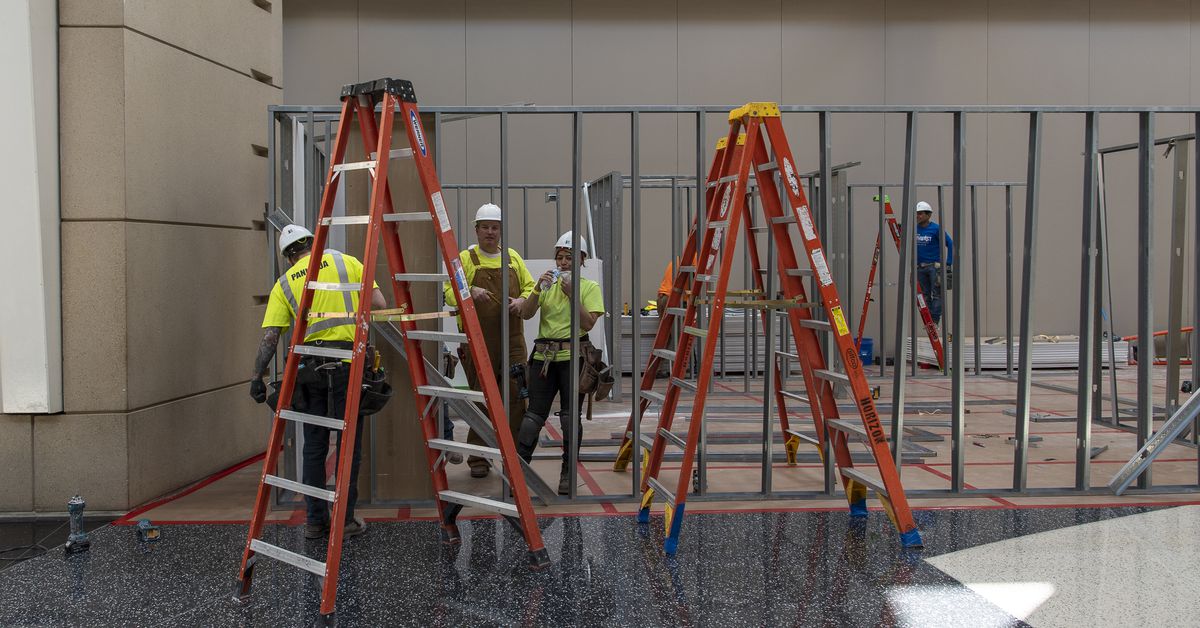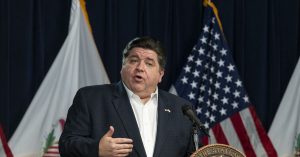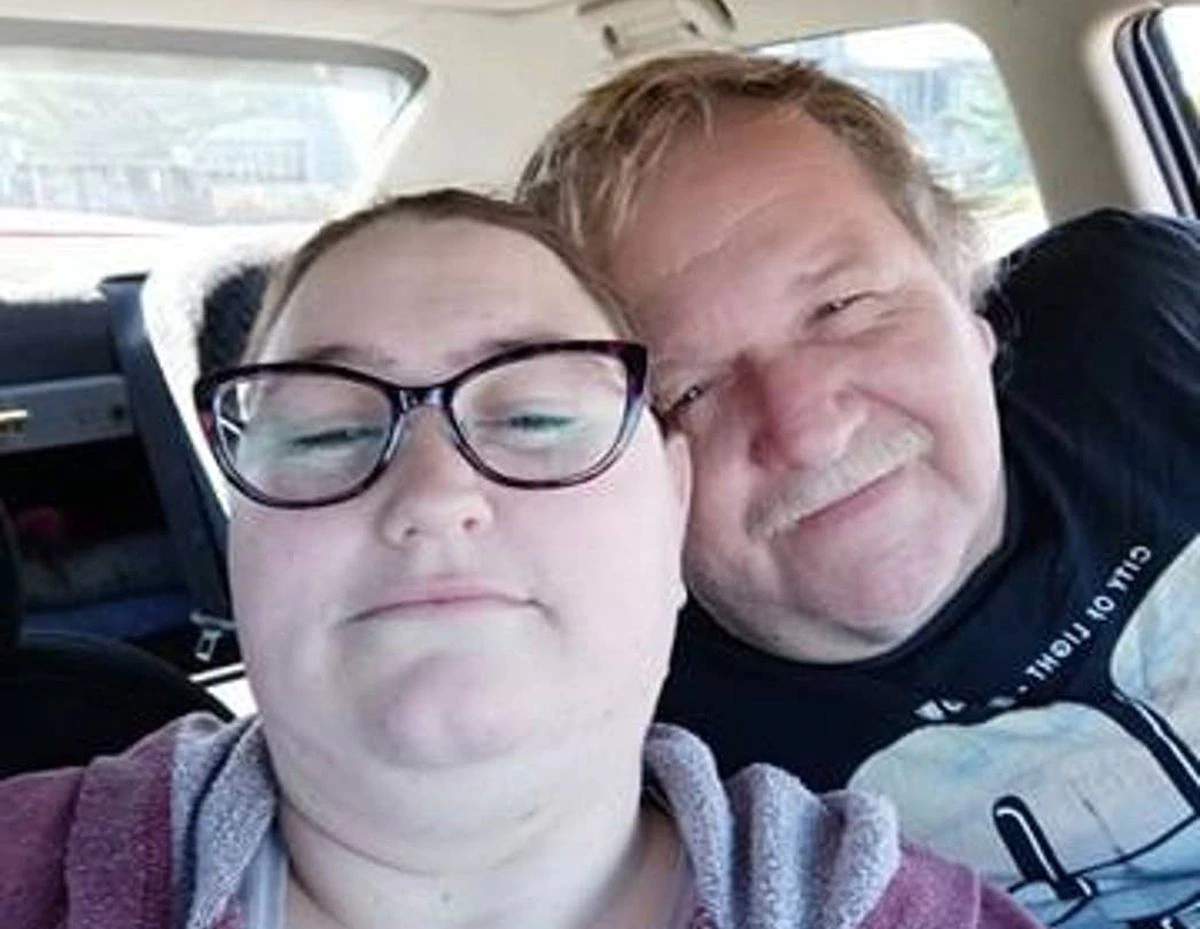Many American states and municipalities have instituted measures to slow the spread of COVID-19 and “flatten the curve” of the estimated morbidity and mortality that may occur in the United States.
These measures include closing “non-essential” businesses, schools, universities and public services for a specified time period. Other measures focus on “social distancing” and prohibiting meetings, sports events and other public gatherings.
Despite our best preventive health measures, thousands of people are expected to be hospitalized. This will be expensive.
ProPublica and the Harvard Global Health Institute have recently released a fascinating analysis of U.S. national, regional and municipal hospital capacity and how it relates to COVID-19.
The report looks at U.S. hospital capacity under various scenarios. The report asks what would happen to an area’s hospital capacity if 20%, 40% or 60% of an area’s population were infected with COVID-19 over a six-month, 12-month or 18-month interval.
For example, Chicago would reach approximately 120% of total hospital capacity if 20% of the population were infected in six months, according to this model. However, if 20% of Chicago’s population were infected over 18 months, hospital capacity would not be reached.
Many of those who have been infected with COVID-19 will be admitted to intensive care units with respiratory failure and will require support with mechanical ventilators.
The health insurance dilemma caused by unemployment
A majority of Americans receive their health insurance through their jobs. But on April 2, the U.S. Department of Labor reported that over 6 million people filed for unemployment benefits.
Many of these people have lost their health insurance and have joined the ranks of the approximately 28 million Americans who had no health insurance prior to the COVID-19 crisis.
It has been estimated that just one hospitalization for COVID-19 may range from $38,000 to $74,000. So not only must families worry about contracting COVID-19, they may also have to worry about being uninsured and, if someone becomes ill, potentially having to take dire financial steps, including filing for bankruptcy.
A potential solution
The Trump administration has recently stated that it would help hospitals by providing coverage for uninsured COVID-19 patients. But a better way to solve this problem might be to look at two very successful health programs — Medicare and Medicaid. These two programs could be expanded. The expansion would cover many of those uninsured Americans.
While the Trump administration’s plan to help uninsured COVID-19 patients is laudable, the plan does little to help uninsured patients who have other health issues requiring hospitalization. Here are a couple of suggestions to fix things:
• Consider lowering the age of Medicare eligibility to 60 years. This would help those working people who are not old enough to have Medicare eligibility, which begins at age 65.
• Relax the criteria for Medicaid eligibility. This can be done through an 1115 waiver. This provision allows a state to request additional funding and flexibility in determining eligibility in providing care to those who qualify for Medicaid. Gov. J.B. Pritzker has applied for a such a waiver for Illinois.
Both these steps will help us be better prepared for health care in the COVID-19 era . . . and the post-COVID-19 era.
We need to pressure the Congress and the Trump administration to address the long-term issue of health care and the uninsured by expanding eligibility for Medicare and Medicaid.
Dr. Alan Jackson is an assistant professor of medicine and public voices fellow at Rush University.
Send letters to [email protected].



















